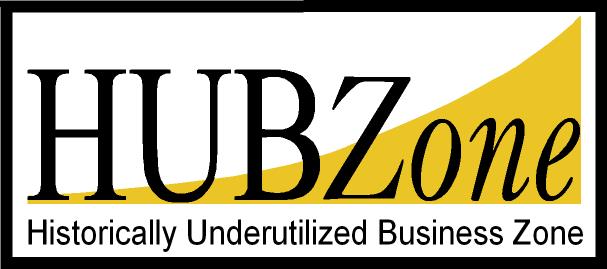
The Historically Underutilized Business Zone (“HUBZone”) Act, 15 U.S.C. § 675a, sets forth three ways in which contracting agencies may provide contracting assistance to HUBZone contractors. The contracting agency may award contracts to HUBZone contractors on a sole source basis or they may restrict competition to just HUBZone contractors. In addition, on contracts to be awarded under full and open competition, contracting officers are to give a price preference to the prices offered by HUBZone contractors.
The HUBZone Act states that: “the price offered by a qualified HUBZone small business concern shall be deemed as being lower than the price offered by another offeror (other than another small business concern), if the price offered by the qualified HUBZone small business concern is not more than 10 percent higher than the price offered by the otherwise lowest, responsive, and responsible offeror.” In practice, how the price preference impacts award of contracts depends on the circumstances of the bids.
Illustration A – Full and Open Competition
| Offeror | Size Status | Price |
| Contractor A | Large Business | $10,000,000 |
| Contractor B | HUBZone | $10,750,000 |
In Illustration A, the contract would be awarded to the HUBZone, Contractor B, because its price is less than 10 percent added to the price of Contractor A ($10,000,000 + 10 percent = $11,000,000).
llustration B – Full and Open Competition
| Offeror | Size Status | Price |
| Contractor A | Small Business | $10,000,000 |
| Contractor B | HUBZone | $10,750,000 |
In Illustration B, the contract would be awarded to Contractor A. Though Contractor B’s price is within the 10 percent margin set forth in the HUBZone Act, the price preference is not applied for the award decision because the low priced offeror is a small business.
llustration C – Full and Open Competition
| Offeror | Size Status | Price |
| Contractor A | Large Business | $10,000,000 |
| Contractor B | non-HUBZone Small Business | $10,500,000 |
| Contractor C | HUBZone | $10,750,000 |
In Illustration C, the contract award goes to Contractor C, the HUBZone small business. Here, despite the presence of a non-HUBZone small business, because the low bidder was a large business, the price preference is applied and, because Contractor C’s price was not more than 10 percent higher than Contractor A’s price, it displaces Contractor B.
In contract award decisions conducted under a best value approach, 13 C.F.R. §126.613(a)(1) states that the contracting officer must apply the 10 percent preference to the “otherwise successful offeror of a large business and then determine which offeror represents the best value to the government.”
The HUBZone Price Preference appears to be highly beneficial to HUBZone contractors, but that benefit comes with a price. A preference is applied to a HUBZone contractor’s price that could possibly let them jump otherwise qualified contractors for the award. Yet, FAR 52.219-4 Notice of Price Evaluation Preference for HUBZone Small Business Concerns includes a paragraph under which a HUBZone offeror may waive the evaluation preference. See 52.219-4 (c). When a HUBZone offeror waives the evaluation preference, it does not have to comply with two agreements contained within the clause. 52.219-4 (d) requires that the HUBZone offeror comply with the performance of work requirements applicable to the type of contract being awarded (such as being required to perform 50 percent of the work for a services contract). 52.219-4 (e) requires a HUBZone joint venture to perform the applicable performance of work requirements. So, if the HUBZone contractors wants to have the price preference applied, it comes at the price of taking on the obligations of the performance of work requirements.
Whether a HUBZone contractor decides to take advantage of the price preference comes down to whether the contractor determines that its pricing taking into account the added requirements can be competitive. That is, being required to perform a greater percentage of the work may increase the price that could be offered as compared to a proposal that does not include the HUBZone performing that high percentage. Waiving the price preference might allow the HUBZone contractor to use additional subcontractors that result in lower prices, but if the contractor’s price is not the overall low price, then it will not be awarded the contract.


